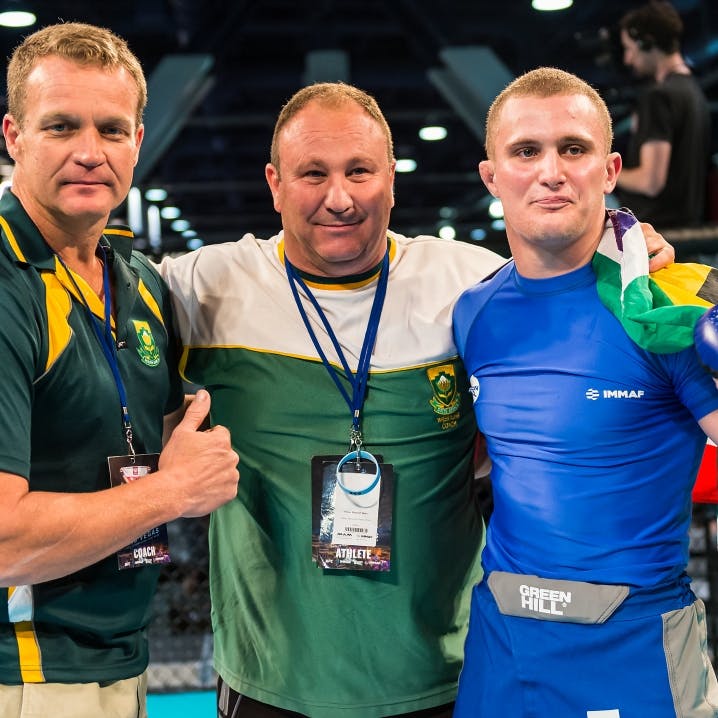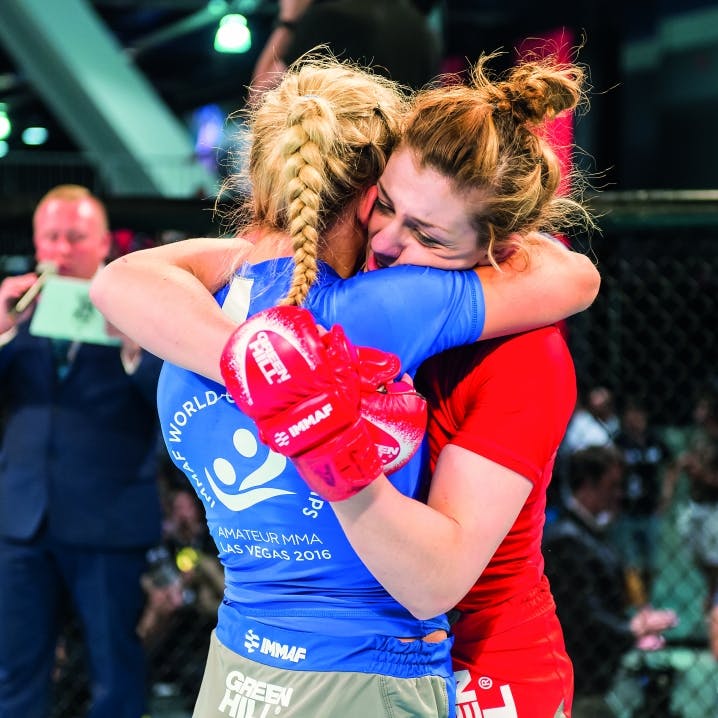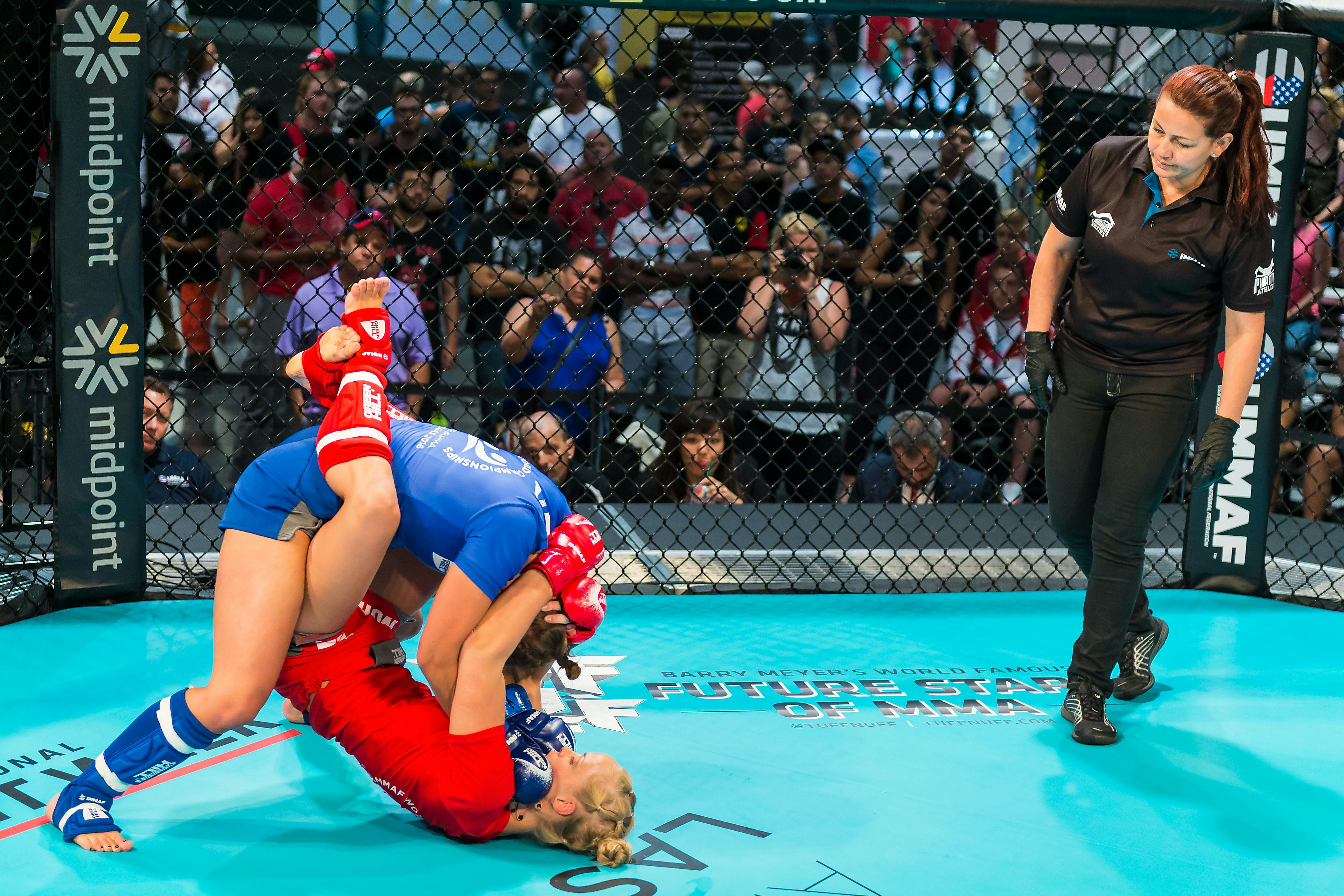Last year’s $4bn acquisition of Ultimate Fighting Championship by WME|IMG, one of the world’s biggest and canniest sports, entertainment, talent and media companies, turned heads around the world.
It provided an instant snapshot of the ways in which the world of sport is evolving and how feeding the public appetite for exciting new sports products through innovative media presentation can create massive value.
IMG, the specialist sports division of the WME operation, was founded in the 1960s on the back of the popular sports of the day – in particular, golf and tennis. But it has achieved its current scale and status by moving with the times and understanding the public appetite for new sports content delivered in new ways.
These are very smart business people, not given to gambling. So, the decision to make an investment which immediately made UFC one of the most valuable sports properties on the planet was a clear endorsement that its schedule of top-end MMA (mixed martial arts) had established a passionate worldwide audience that is going to grow and grow.
But while attention naturally focused on this mega-deal it tended to mask the fact that MMA is not simply an elite sport enjoyed live and on TV by massive audiences on every continent.

Since its contemporary inception in the 1990s it has simply exploded as a grassroots sport, spawning a global infrastructure of clubs, gyms and competitions which provide a pathway for athletes to sample the sport, train, develop their skills and compete at the highest level they can.
Like so many other sports, MMA is the result of natural evolution. When, back in the 1800s, William Webb Ellis picked up the ball during a game of soccer and ran with it in hand, he was part of that process, unwittingly driving the evolution of soccer into rugby, now one of the world’s most-watched sports.
Similarly, MMA has evolved from the classic martial arts disciplines at its core to create an entirely unique experience for millions of participants and an estimated 450 million fans worldwide.
The MMA community has responded to the continued growth of the sport by creating the International Mixed Martial Arts Federation to apply the highest standards of governance at all levels. Formed in 2012, IMMAF now has 65 member federations around the world and works to ensure a safe, fair and clean sport with clear pathways for athlete development and an international competition structure.

In short, the governing body for the world’s fastest-growing sport is modelled on and works in the same way as all other successful governing bodies and wants to take its place alongside them as members of the broader global sports family recognised by the International Olympic Committee.
But, to date, its bid for recognition – through the standard route of initial acceptance by SportAccord – has been blocked. To be accepted by SportAccord, IFs must first become signatories of the World Anti-Doping Agency (Wada) Code and, despite embracing and applying all its conditions and standards, IMMAF has been told it will not be accepted as a signatory because of opposition voiced by other International Federations veiled by the anonymity of their umbrella groups. The door has been slammed shut, for now at least.
IMMAF, under CEO Densign White, wants to be part of the Olympic community and, critically, to apply its rules and standards to a sport in which issues, such as safety and athlete welfare, are critical. And delivering those standards worldwide requires the same access to national funding enjoyed by longer-established federations; funding generally unlocked by Olympic Family recognition.

“MMA has grown very quickly and is a sport of the 21st century for the 21st century,” White says. “Sound governance is critical to ensuring that the sport develops in the correct way and, while we have put in place all the necessary systems and procedures, we now want to take our place alongside all other recognised sports so that we can not only be part of the family but make a positive contribution to it.
“Like every other sport, MMA is the result of the gradual evolution which has shaped the modern sports ecosystem. We have built incredible momentum and believe that our responsibility for the governance of our sport and the safety and wellbeing of participants is best achieved as a recognised member of the international sports family.
“MMA and IMMAF are part of the evolution of sport as a whole and that shouldn’t be allowed to be disrupted by the misguided opposition of a handful of IFs which fear change. If sport resisted change it wouldn’t be the worldwide force for good that it has become – just ask any rugby fan!”